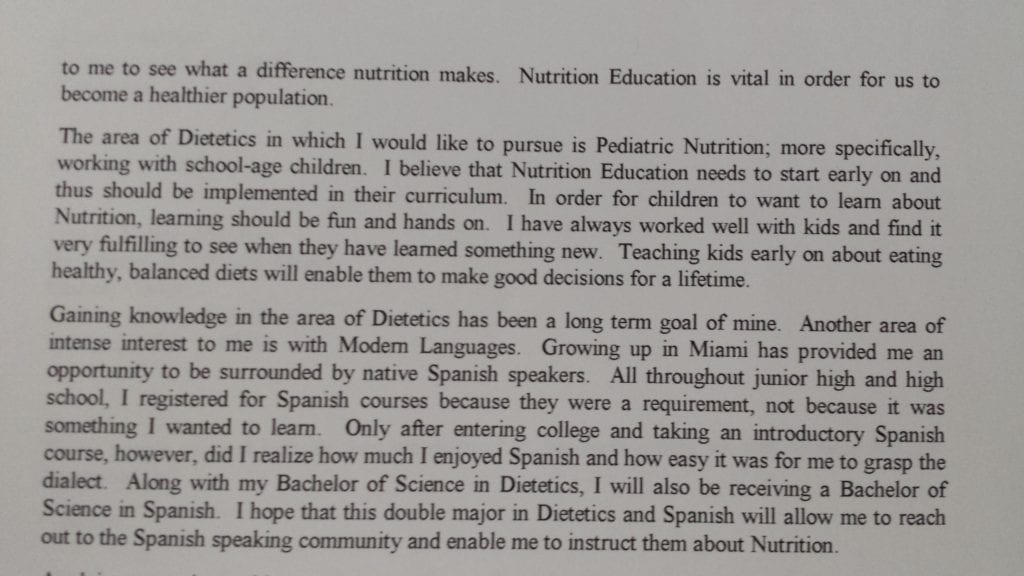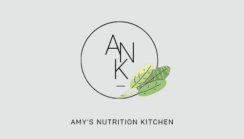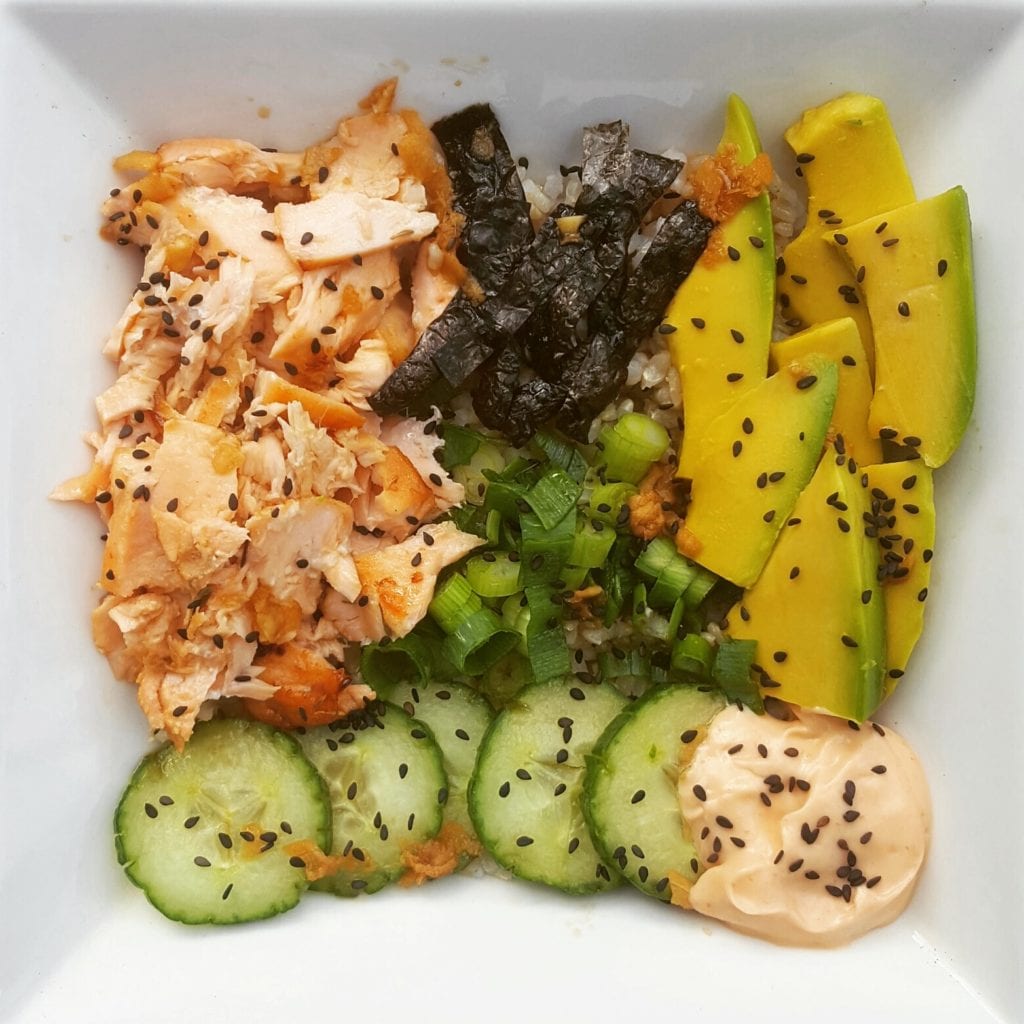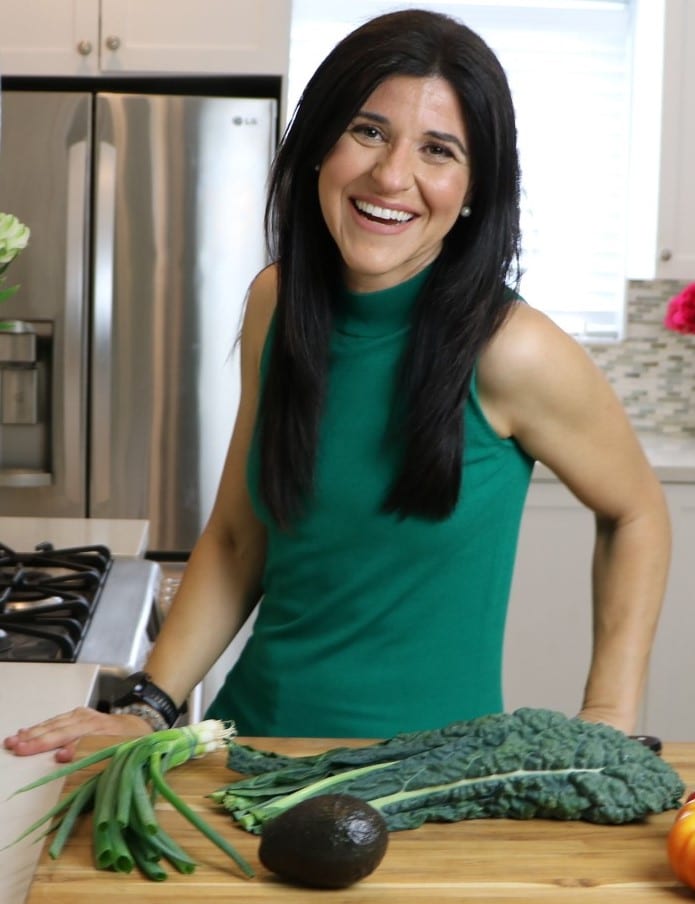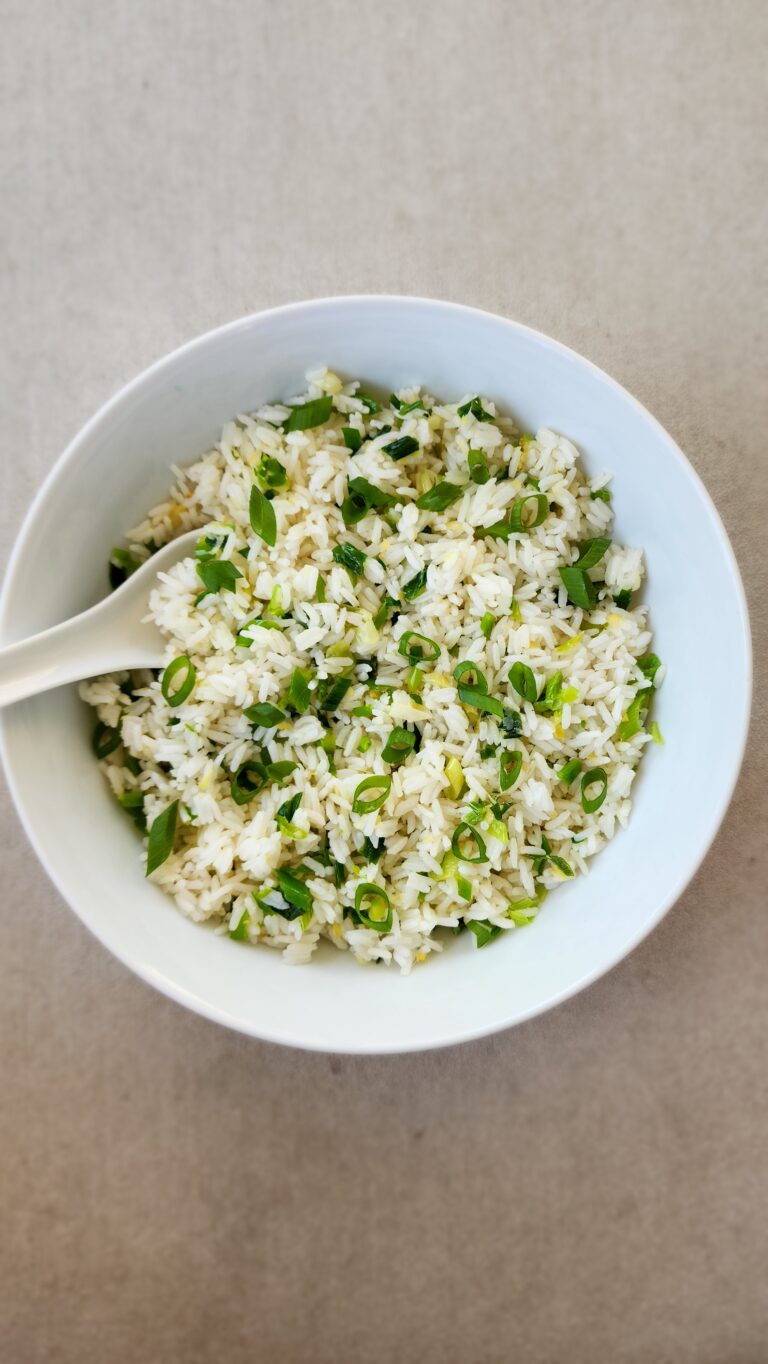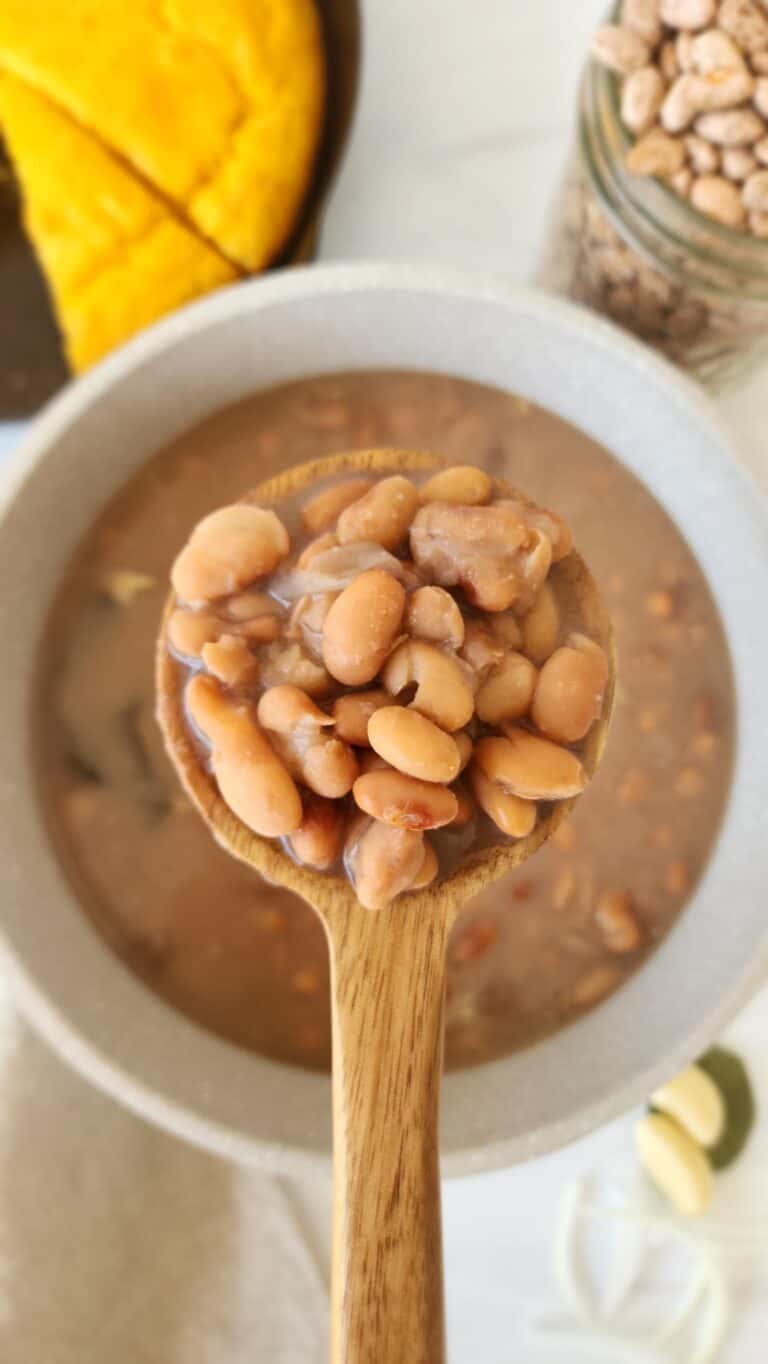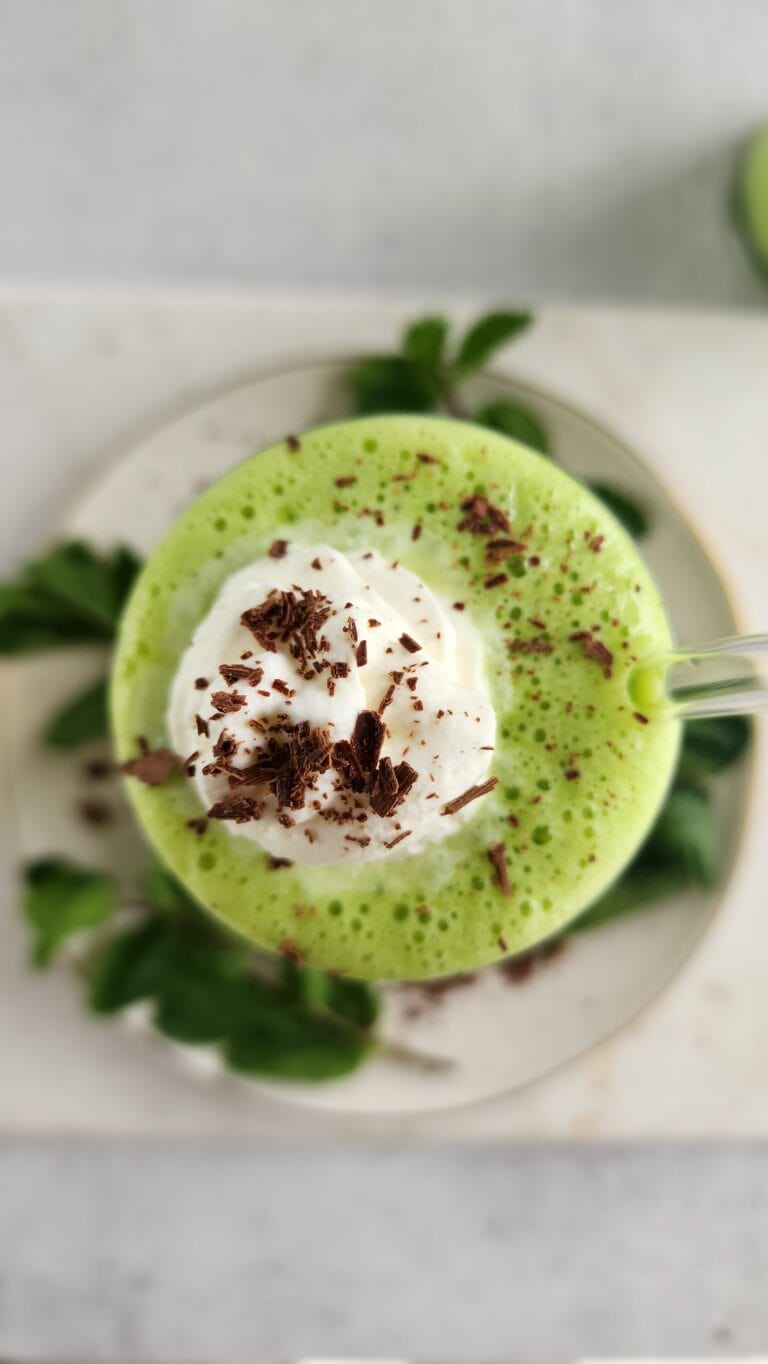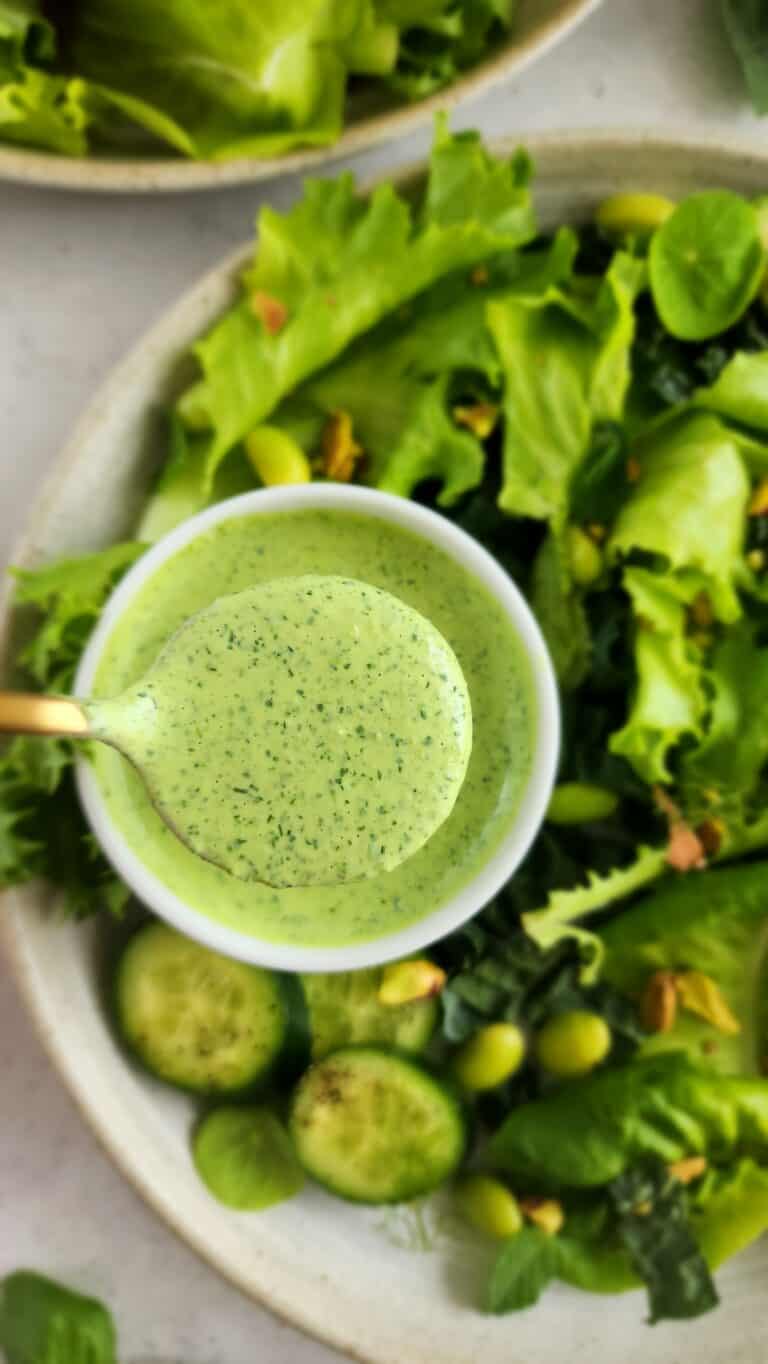People ask me all the time how I got into the field of Nutrition. I give them the short answer –“I love food! Who wouldn’t want to talk about food all day?!” If I were to give them the long answer, well, it all started in my sophomore year of college. It was spring semester and I had to declare a major. I had thought about this major decision (pun intended) for a countless number of days and was not able to choose one. Psychology, Nursing, and Spanish all were of great interest to me. I often wondered how I could narrow it down to just one. So one Sunday afternoon I called my mom for our usual weekly talk and as we were talking about some new recipe that she was trying out, that’s when it clicked. I knew what it was that I wanted to be when I grew up.
My mom studied home economics in college. As kids growing up my brothers and I were taught how to eat healthy without ever having to think about it. My mom had striven to incorporate the Four Basic Food Groups (what they used to be called) and see to it that a wide selection of foods was always available. My mom had 3 different kinds of eaters – I was the picky one growing up, one brother ate everything regardless of what it was, and my other brother couldn’t let any food touch another food on his plate (& he had a lot of allergies). Let’s just say my mom didn’t have it easy. And if you were to include my dad in the mix, well, don’t try and sneak anything too healthy in because he’d know! Anytime there was spaghetti my mom would always try and mix ground turkey in with the ground beef. My dad always knew and always let her know he knew. And there was one time she tried to make tofu lasagna. Well, needless to say, it didn’t go over so well. My mom was ahead of her time in the field of nutrition for the 70s. I’m thankful she taught me what a well-balanced meal was without even having to tell me what it was – she simply made dinner every night with proper portions and vegetables galore (in our family we’d eat our salad last. I’m not sure why but as a kid growing up I used to always think we saved the best for last). And so it was on that Sunday afternoon talking to my mom, I knew what major I would declare – Nutrition.
I learned a really simple definition of Nutrition in college that has stuck with me ever since. I use this all the time when I teach kids as it allows for them to understand why their parents tell them they have to eat their veggies.
Nutrition/ n(y)oo’trisSHən/: the study (the science of) food and how it works in your body.
I give them the example of carrots. Carrots have Vitamin A. One role/function of Vitamin A is that it helps with night vision. Therefore carrots help them to see better at night. (& I’m not talking the kind of Vitamin you eat that looks like a gummy bear. Vitamins are in foods that we eat!) Teaching our kids from a young age about nutrition is key in them developing lifelong healthy eating habits (and the reverse is true too, they can learn unhealthy eating habits that will last a lifetime as well). Kids are sponges; they soak it all in, the good and the bad. As I was growing up I learned 3 principles that are key for me now as I teach nutrition: balance, variety, and moderation.
Balance: I think my mom had a good balance in allowing us to feel like “normal” kids in the neighborhood. We had hot dogs growing up and while I know she probably cringed giving those to us she also made sure that we had a vegetable with that meal. It actually turned in to one of our favorite ways to eat hot dogs, otherwise known as “slaw dogs” (homemade coleslaw on top of our hot dog). It was the subtle message that all foods can fit, but also allowing us to be kids at the end of the day. Don’t get me wrong, we weren’t eating hot dogs every time we asked for them. Hot dogs were for special occasions. The other way we were taught balance was simply by all that my mom was balancing – going to school, being a mom, cooking dinner for us. I sometimes wondered how she did all that she did in a day. She made sure to make dinner for us to make sure we were getting the proper nutrition to do well in school and be healthy. Life is truly a balancing act.
Variety: The sky is the limit when it comes to food preparation. Back to the number one complaint I get from parents: “What can I do to get my kid to eat vegetables?” This is where variety is critical. If you offer the same vegetables over and over it’s a given they’re not going to like vegetables. There are TOO many vegetables for a kid (or an adult for that matter) to tell me they don’t like ANY. Find the ones they do like and continue to build from there. Encourage them to find a new vegetable at the store and figure out how to prepare it. And always remember even with the same vegetable there can be variety in how you prepare it – Raw carrots versus cooked carrots. Some kids might prefer them raw, but the minute you cook them they might gag. I always tell parents to allow their kids to see what it is that they’re giving them. Expose the kids and make sure the vegetable is on the plate. But in the same token there are kids that aren’t going to eat it no matter what way you fix it. That’s where you simply have to outsmart them and offer them another vegetable that gives them the same vitamin. Vitamin A is in SO many other fruits and vegetables that you don’t have to get worked up if your kids aren’t eating carrots. Variety not only in the way the food is prepared but also in the foods that are offered as well.
Moderation: I was allowed to have Kool-Aid as a kid and soda. Ooohhh. Many are surprised to hear that, but it’s true. (Although now I pride myself on telling people that I haven’t had soda since the year 2000!) My parents would buy a 2-Liter of soda and it would literally go flat before we could drink it all. I’ve said it before and I’ll say it again, unfortunately nowadays soda is the norm and is the beverage of choice for many throughout the day (and while I’m picking on soda, you can substitute that in for coffee, tea, juice, fruit punch, etc). Kids and adults don’t drink enough water. We as a nation are consuming empty calories from sugared-drinks that are contributing to our obesity epidemic. We need to flip it around and make water the everyday norm, utilizing soda (or the drink of your choice) in moderation.
The other way that my mom taught me moderation was with desserts. My mom loves to bake and if there ever was such a thing as a sweet tooth, well she’s got one (and so do I). I have a distinct memory of including something sweet in my lunch bag every day when I was younger. Whether it was a mini-Twix or whether it was a Little Debbie cake, we were allowed things daily but in a moderate amount – it wasn’t a whole Twix candy bar, nor was it both of the Little Debbie cakes. We were allowed these things in moderation, so that we wouldn’t overdo these indulgences if we had gone without. I still to this day have a hard time counseling people about the concept of moderation. Some people are either all or none when it comes to sweets. They aren’t able to do just 1-2 cookies, rather they end up doing the whole sleeve of cookies and so they choose to not even have any at all. I try to explain to them that the deprivation can actually be worse. They’ll still tend to overdo these foods in the end, but it’s finding that balance that will allow them these foods that might be a trigger for overeating.
I’m just finishing up the book, Cooked, by Michael Pollan. I mentioned it in a previous blog, but it’s worth mentioning again. “Taking back control of cooking may be the single most important step anyone can take to help make the American food system healthier and more sustainable. Reclaiming cooking as an act of enjoyment and self-reliance, learning to perform the magic of these everyday transformations, opens the door to a more nourishing life.” And so it’s on this Mother’s Day that I say, “Thanks” to my mom for cooking for us when we were little and having instilled naturally in me the concepts of balance, variety, and moderation. I know I’m a better dietitian because of this.
**I wrote this letter applying to dietetic internships back in 1998. 16 years later I’m doing exactly what I said I would.**
